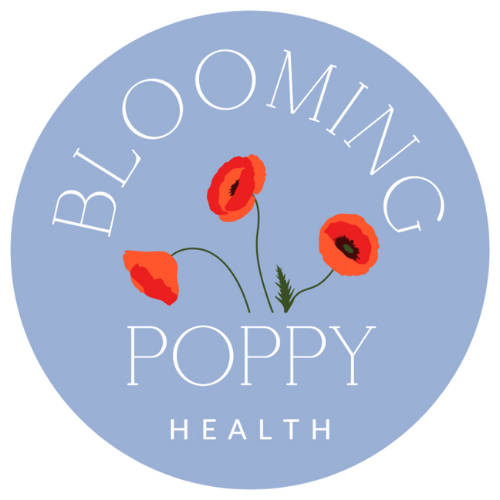What Your Tongue Says About Your Health in Traditional Chinese Medicine
Did you know that your tongue can reveal a lot about your health? In Traditional Chinese Medicine (TCM), tongue diagnosis is a key tool used to assess internal imbalances. By analyzing the color, shape, coating, and texture of the tongue, an acupuncturist can gain insights into a person's digestion, circulation, and overall vitality.
The Basics of Tongue Diagnosis
TCM practitioners observe four main aspects of the tongue:
- Color– Indicates the state of the blood and organ function.
- Shape & Size – Reflects fluid metabolism and potential deficiencies.
- Coating – Shows digestive health and the presence of dampness or heat.
- Cracks & Texture – Can point to Yin deficiency, Qi stagnation, or deeper imbalances.
Common Tongue Signs & What They Mean
1. Pale Tongue – A pale, light-colored tongue often indicates Qi or Blood deficiency, commonly linked to fatigue, dizziness, and poor digestion. It may suggest an underactive Spleen or a need for more nourishing, iron-rich foods.
2. Red Tongue – A bright red tongue signals excess heat in the body, which may be caused by inflammation, stress, or hormonal imbalances. If the tip is red, it suggests heart heat and emotional distress, while a red tongue body can indicate Yin deficiency.
3. Purple Tongue – A purplish hue suggests blood stasis or poor circulation. This could be related to pain, menstrual irregularities, or sluggish digestion. Stagnation is often linked to Liver Qi stagnation, which may cause PMS, headaches, or emotional tension.
4. Swollen Tongue with Teeth Marks – A swollen tongue with scalloped edges indicates Spleen Qi deficiency and fluid retention. People with this tongue often experience bloating, brain fog, and sluggish digestion.
5. Thick or Greasy Coating – A thick, white coating suggests dampness and poor digestion, often linked to excessive dairy, sugar, or processed foods. A yellow, greasy coating signals damp heat, which may cause inflammation, acne, or digestive distress.
6. Cracked Tongue – Deep cracks may indicate Yin deficiency, often associated with dryness, night sweats, and hormonal imbalances. This pattern is common in people experiencing stress, menopause, or chronic dehydration.
How to Improve Your Tongue Health
Eat Warming, Nourishing Foods – Support digestion with cooked vegetables, whole grains, and easy-to-digest proteins.
Reduce Dampness – Cut back on dairy, sugar, and processed foods to prevent mucus buildup.
Hydrate & Nourish Yin – Drink herbal teas like chrysanthemum or goji berry tea to support hydration and balance.
Move Your Qi – Incorporate acupuncture, gentle exercise, and stress reduction techniques to prevent stagnation.
Final Thoughts
Your tongue is a reflection of your internal health! Observing changes in its color, shape, and coating can help you tune into imbalances before they become major health concerns. If you’re curious about what your tongue is telling you, a TCM practitioner can provide deeper insights and personalized recommendations for optimal wellness.

